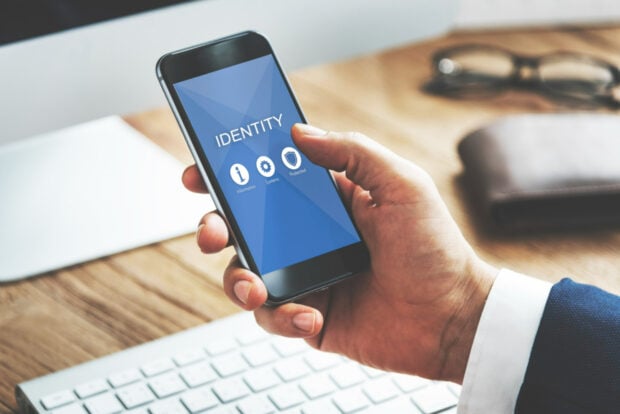Australian government tables Digital ID Bill to expand service

The Australian federal government is a step closer to creating a national digital identity system after introducing fresh legislation to the country’s senate on 30 November.
A key function of the bill is to support an accreditation scheme for private sector digital ID service providers, and to help grow the system into Australian states and territories.
The news follows the government’s announcement in March that various cross-state jurisdictions had agreed a “nationally coordinated approach” to digital ID credentials in a bid to reform the country’s fragmented digital ID ecosystem.
The government said the newly-introduced Digital ID Bill put in place a “legislative framework to create an economy-wide digital ID system in Australia” and that digital ID was “a critical capability and… one of the ways the government is keeping Australians safe and responding to the increase in third party data breaches”.
The bill proposes AUS$145.5m (US$95.6m) of new funding in addition to existing funds, bringing the total amount allocated for the system to AUS$781.9m (US$513.7m). Some of this would be funnelled into developing core service functions such as a face biometrics portal, as well as establishing a credential protection register as part of anti-fraud and cybersecurity measures.
Katy Gallagher, Australia’s minister for finance, said that the provisions of the bill aimed to make all online transactions easier and safer for Australians. She said improving online safety was a priority for the government, and that the bill would “ensure strong independent oversight” for the expansion of services from mid-2024 onwards.
“We’ve spoken with business, community and privacy groups to ensure the bill will deliver the privacy safeguards, accreditation options and consumer safeguards they expect,” she said.
Commenting on the introduction of the bill, Mark Dreyfus, Australia’s attorney-general and cabinet secretary, said that “Australians rightly expect greater protections, transparency, and control over their personal information when they provide it to trusted organisations”.
The legislation has been referred to the Senate Economics Committee, which is due to hold hearings in January next year and file its report on the bill in February.
One of the considerations is expected to be whether banks and other private sector digital ID providers should be allowed to monetise the service by passing transactional costs on to consumers.
In a warning last month, Australia’s government services minister Bill Shorten said that the private sector must not exploit a digital ID system in a time of “inflation and mortgage rises”.
Read more: ‘Not a lot to show’ for Australia’s $400m digital ID programme, says former government CIO
Switzerland eyes 2026 rollout
Last month, it was announced that the Swiss government had adopted legislation paving the way for the rollout of its own sovereign digital ID scheme in 2026.
The Swiss Federal Council (the federal cabinet of the Swiss Confederation) agreed at a meeting to adopt new legislation governing the scheme, known as the e-ID Act. The new legislation was devised following the results of a 2021 referendum in which Swiss citizens voted by a 64.4% majority against a previously proposed national digital ID law. The result was driven largely by concerns over privacy and corporate access to personal information.
The council said that the e-ID would “enable users to identify themselves digitally in a secure, fast and uncomplicated way”. It added that use of e-ID would be voluntary, applicable both on and offline, and would be free of charge to anyone with a Swiss identity card, a Swiss passport or a foreign national identity card issued in Switzerland.
“Users of the state-recognised e-ID will have the best possible control over their data. Data protection will be guaranteed firstly by the system itself… secondly by minimising the data that must be disclosed… and thirdly by storing the e-ID exclusively on the user’s smartphone,” it said.
Speaking shortly after the new legislation was adopted, justice minister Elisabeth Baume-Schneider said: “The solution is 100% state-run,” adding: “We will do everything we can to protect the e-ID.”
Register for Global Government Forum webinar: Digital ID: Can governments get citizens on board?





















